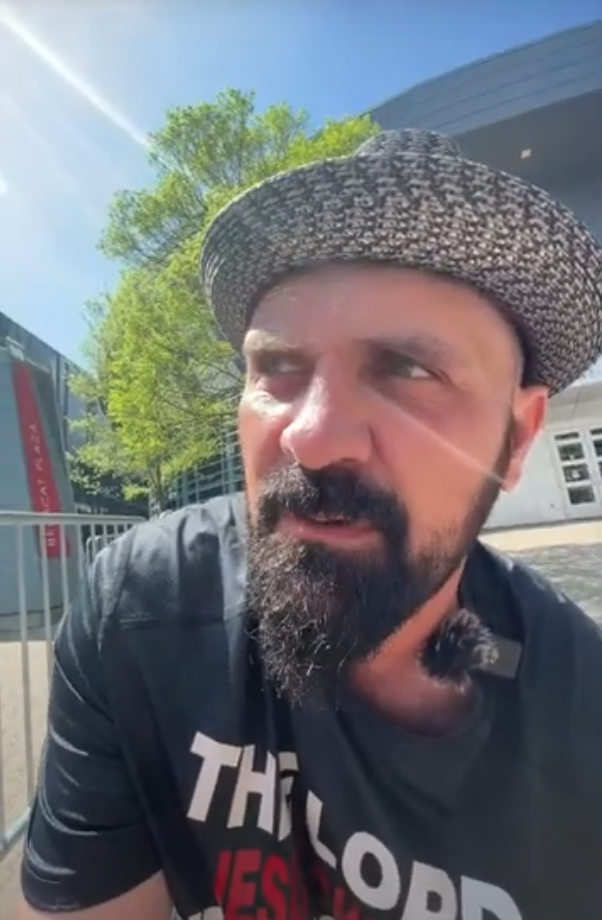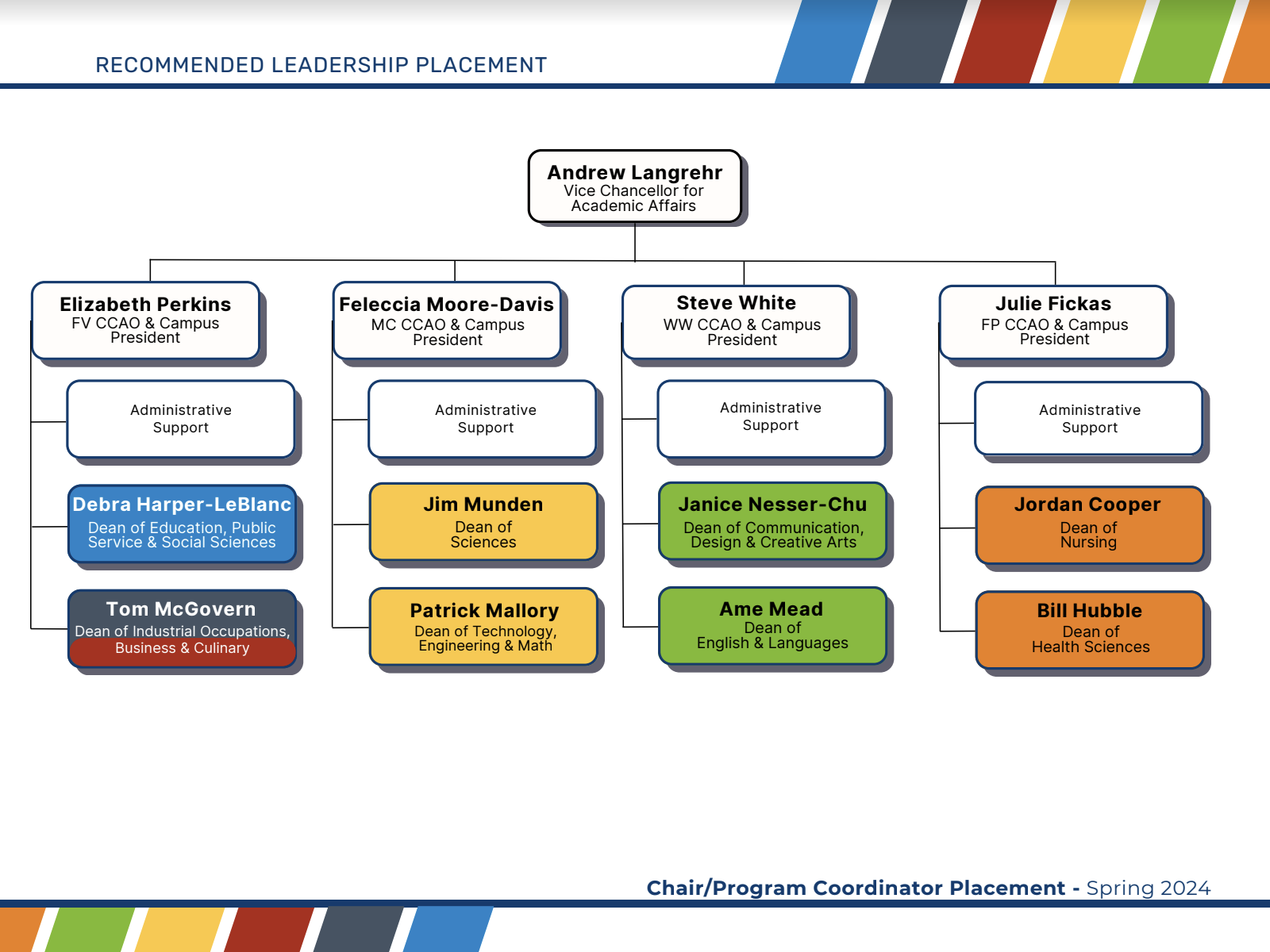Acclaimed documentary focuses on STLCC student Daje ‘Boonie’ Shelton
By: Sean E. Thomas
Staff Writer
 When beginning filming for the documentary that would become “For Ahkeem”, directors Jeremy Levine and Landon Van Soest set out to make a film highlighting the Innovative Concept Academy (ICA) in St. Louis, Missouri. St. Louis Circuit Court Judge Jimmie M. Edwards started ICA in 2009 to give young people in trouble what he refers to as not a second, third, or fourth chance, but a different chance.
When beginning filming for the documentary that would become “For Ahkeem”, directors Jeremy Levine and Landon Van Soest set out to make a film highlighting the Innovative Concept Academy (ICA) in St. Louis, Missouri. St. Louis Circuit Court Judge Jimmie M. Edwards started ICA in 2009 to give young people in trouble what he refers to as not a second, third, or fourth chance, but a different chance.
“I was seeing so many children come into my courtroom with “Safe School Act” violations. The Safe School act is a zero-tolerance law. In my mind, zero-tolerance makes zero sense. We don’t even expect zero-tolerance from our adults and we expect that from our children,” Judge Edwards said. “Our children are let out of school at 11 and 12 years old and are walking the street lawfully because they have been expelled and that just didn’t seem right to me.”
Levine and Van Soest said they originally wanted to highlight certain students from the school and the relationships they had with parents and educators. Then they met Daje “Boonie” Shelton and began collecting material for what would eventually become “For Ahkeem”. The film is named for Shelton’s son, not yet conceived as the film begins.
“We…talked to about 30 or 40 different students at the school. Daje was not one of the students initially. We were filming with one of her friends. She came into the room, unannounced to us, and kind of threw herself down on the bed and completely stole the show,” Van Soest said.
“For Ahkeem” follows Shelton during her time at ICA after being kicked out of school for fighting. As she stands with her mother before Judge Edwards in the film, Edwards tells her, “either you make it with me [at ICA], or you don’t make it all.”
During her time at ICA, Shelton meets Antonio, and the two of them begin a relationship. This relationship leads to the birth of Ahkeem, their son, shortly after the shooting death by police of Michael Brown in Fergusson, MO.
In the film, Shelton and friends discuss the number of peers they have lost to violence just that year. In reference to one of the young men they know who had lost his life to gun violence, one of Shelton’s friends says, “he was only 16.” Shelton’s reply: “Everybody [that had died] was 16.”
“After seeing a story about another black kid from an underserved neighborhood who’s disadvantaged, you realize that black kid…is just like you,” said Bradley Rayford, one of the film’s producers. “The only difference is how society reacts to that black kid…and how you, yourself react to it. I think it’s important to understand that humans live in these neighborhoods and they are being treated inhumanely.”
Antonio, Ahkeem’s father, is arrested multiple times throughout the film. After one arrest, Antonio is told that if he pleads guilty to the crime he has been accused of, he will receive lighter sentencing. Without representation, Antonio pleads guilty to his charge. Now, with a felony on his record and on probation, Antonio is not able to join a work program he desperately needs so that he will be able to provide for himself and his new family. This is one of many examples throughout the film of what is commonly referred to as the “school to prison pipleline.” After another arrest, and probation violation, Antonio is sentenced to 7 years in prison. These are the kinds of issues Judge Edwards says he hopes to confront with this film.
“We were really broadly interested in this idea of the school to prison pipeline,” Van Soest said. “We benefitted tremendously from the relationship that Jeff [Truesdell, another producer] had forged with Judge Edwards. Just had an incredible opportunity to come to the Concept Academy and explore these issues.”
The film’s directors come from very different backgrounds than the individuals whose lives are followed and displayed throughout the documentary. Levine hopes that this film will give people from a more “privileged” background a glimpse into the different kinds hardships faced by the people of less fortunate communities.
“I grew up in the suburbs outside Boston and a lot of my friends growing up in a mostly white school were caught with marijuana, they stole from convenience stores, and the consequences of their actions where 100 percent different than what I deal with and I think that’s incredibly important for kids of privilege [to know],” Levine said, “They are just given tremendous amounts of slack and forgiveness and that is not the same for somebody like Antonio, and it’s heartbreaking to all of us that Antonio at 17 years old has a felony for the rest of his life.”
Shelton, after facing the hardships that come with a new school, a new relationship, and a son on the way, is able to stay out of trouble, and graduate from the Innovative Concept Academy with her High School Diploma.
She is now attending St. Louis Community College at Forest Park. The “For Ahkeem Team” has started an online fundraiser for her at “FundRazr” to raise money to help her and her family. “For Ahkeem” was shown in St. Louis as part of the St. Louis International Film Festival and has been shown in various cities including Los Angeles, New York and Berlin.
After the screening of “For Ahkeem” at the St. Louis History Museum on November 11, one audience member asked, “what do we do now?”
“First of all check yourself and your mentality and realize that people are not in these situations because they want to be in that situation,” Rayford said. “There are a lot of situations that are systematically designed against Daje, against Antonio. If you are a teacher, maybe have a little more compassion for that student. If you are a police officer, maybe see crime and punishment differently. If you are a parent, give your child a chance to be heard.”











